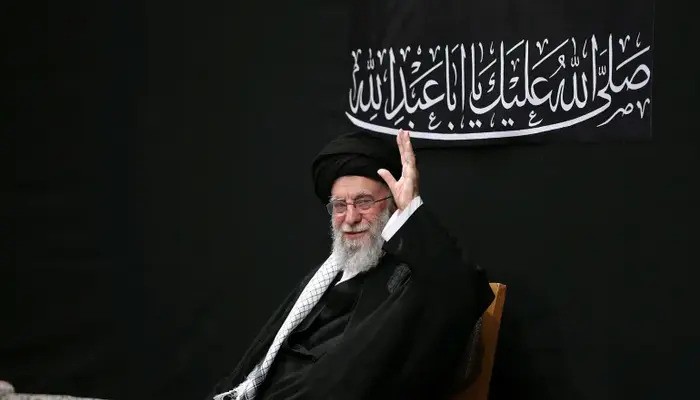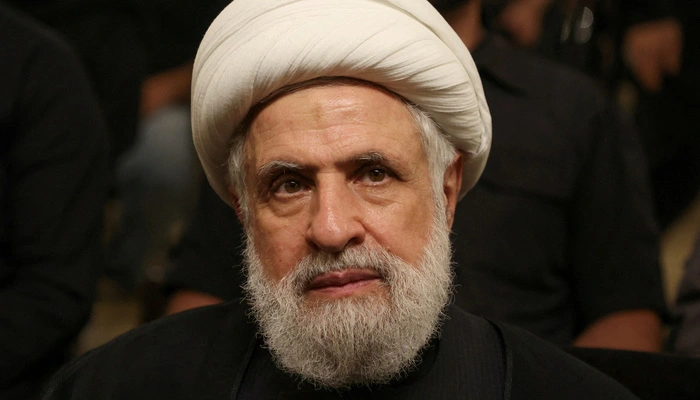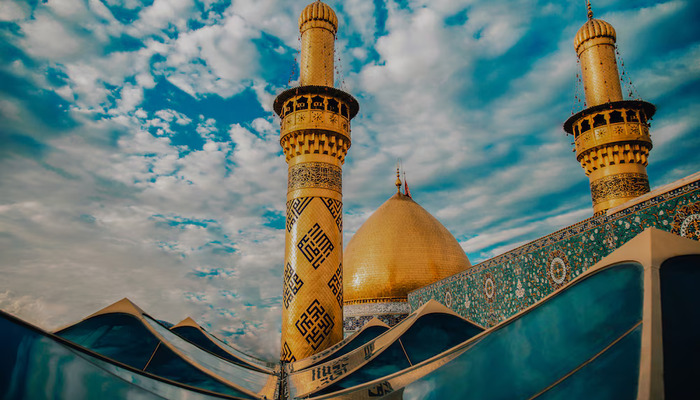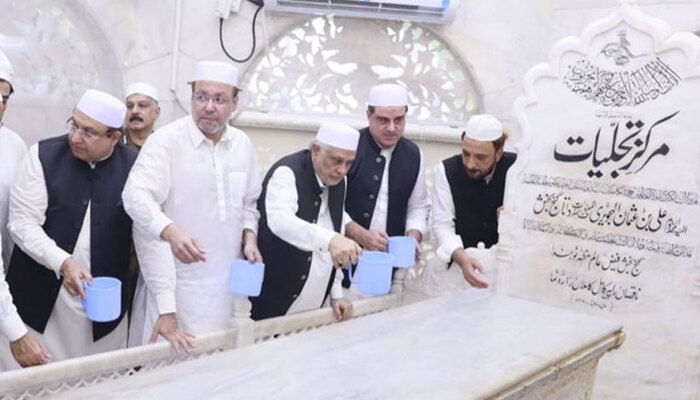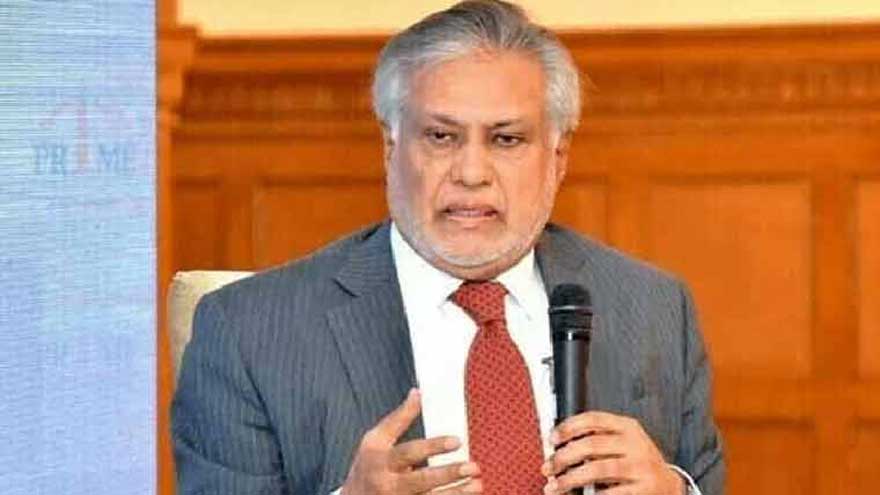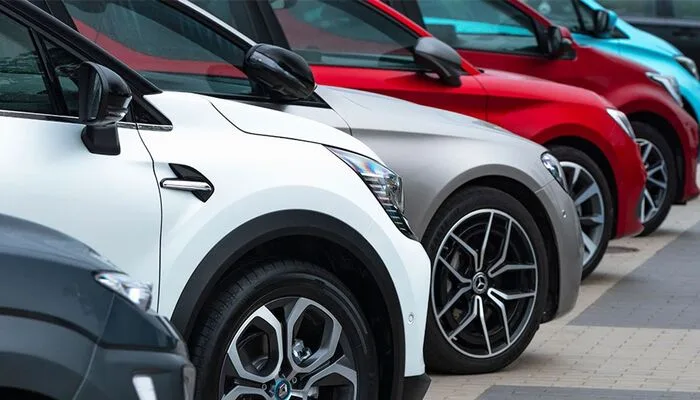
Islamabad: The Ministry of Commerce has proposed significant changes to Pakistan’s electric vehicle (EV) policies. These reforms aim to remove the cap on EV batteries for cars, vans, and SUVs and eliminate the 25% sales tax on EVs priced above Rs4 million.
EV Battery Cap and Sales Tax Reforms
During a recent steering committee meeting, the Ministry of Commerce recommended removing the cap on EV batteries for various vehicles. This move is expected to support the growing demand for EVs in the country. Additionally, the ministry proposed the removal of the 25% sales tax on EVs valued at over Rs4 million. The Ministry of Industries and Production (MoIP) has been directed to review these proposals with the Engineering Development Board (EDB) and the New Energy Vehicle (NEV) Policy team. The aim is to develop standards for EVs that focus on adding value and encouraging local manufacturing.
EV Charging Stations and Infrastructure Development
The National Highway Authority (NHA) provided an update on the progress of EV infrastructure. NHA officials revealed that 40 locations for EV charging stations had already been identified along Pakistan’s motorways and national highways. These stations will be spaced 120 km apart, from Karachi to Peshawar. NHA is ready to instruct oil marketing companies (OMCs) to install the charging stations as required by agreements. However, they are awaiting approval of the NEV Policy before proceeding. MoIP has urged NHA to expedite the installation process and ensure the 40 stations are up and running by January 15.
Read more: PCB Appoints Abdur Rehman as Spin Bowling Coach
E-Bike Distribution and Policy Finalization
The committee also reviewed the draft NEV Policy for 2025-30 and discussed various stakeholder feedback. One key initiative includes distributing 120 free e-bikes to high-performing students from public colleges across multiple regions, including Islamabad, Punjab, and Sindh. Additionally, the Punjab Information Technology Board (PITB) presented a framework for incentivizing EV adoption, focusing on platform development and user authentication processes.
The Capital Development Authority (CDA) also presented its regulations for installing EV charging stations at both existing and new fuel stations. These regulations require at least one charging station at existing petrol pumps and two at new stations. CDA’s efforts are aimed at transforming Islamabad into a model city for EV adoption.
The National Energy Efficiency and Conservation Authority (NEECA) has approved regulations for EV charging stations, which will be enforced once the electricity tariff is finalized. NEECA and CDA are collaborating to ensure nationwide alignment of regulations for charging stations.
Follow Day News on Google News, Instagram, YouTube, Facebook, Whats App, and TikTok for latest updates




